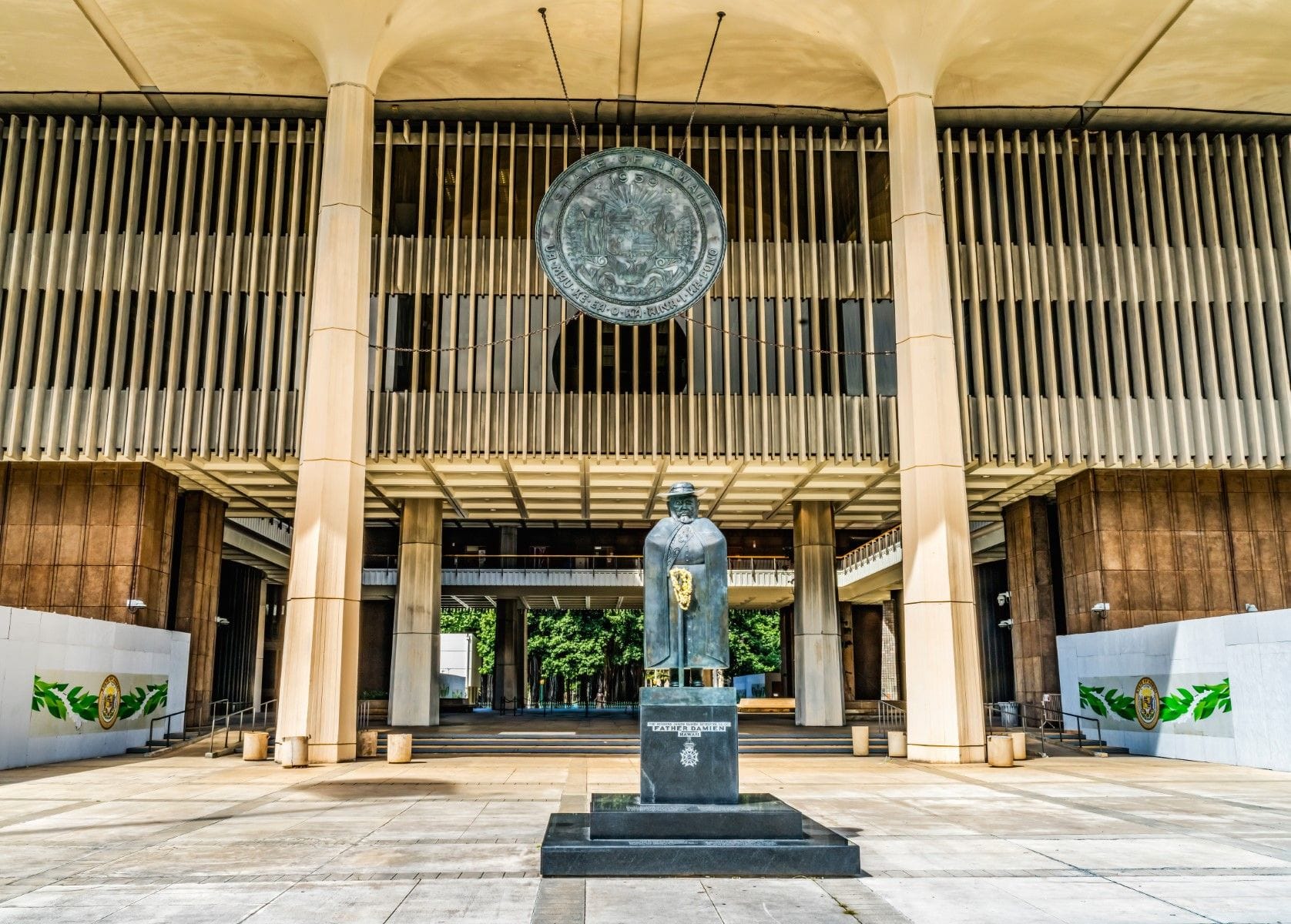Hawaii Expert Witness Admissibility Rules
Hawaii's expert witness admissibility focuses on reliability and relevance, guiding legal professionals in navigating complex testimony challenges.
Updated on
In this article
Overview of Expert Witness Admissibility in Hawaii
Expert witness testimony plays a crucial role in the legal system, offering specialized knowledge that aids the court in understanding complex issues. In Hawaii, the admissibility of such testimony follows specific rules and guidelines. These rules ensure that the testimony is not only relevant but also reliable and based on sound methodology. The standards governing expert witness admissibility in Hawaii are designed to maintain the integrity of legal proceedings by allowing only qualified experts to testify.
Is Hawaii a Daubert or Frye State?
Hawaii does not strictly adhere to either the Daubert or Frye standards for admitting expert witness testimony. Instead, the state employs a unique two-part test to assess such testimony.
In the 1999 case In re Doe, the Hawaii Intermediate Court of Appeals established that expert testimony must be both relevant and reliable. Specifically, the court must determine:
- Whether the expert's testimony will assist the trier of fact in understanding the evidence or determining a fact in issue.
- Whether the expert's inferences or opinions are the product of an explicable and reliable system of analysis.
While Hawaii courts may consider Daubert factors—such as testability, peer review, error rates, and general acceptance—these are not binding but serve as part of a broader analysis.
In summary, Hawaii utilizes a hybrid approach: it does not mandate the Daubert standard but incorporates its principles within a flexible framework to evaluate the admissibility of expert testimony.
Understanding Hawaii Rule of Evidence 702
Hawaii Rule of Evidence 702 governs the admissibility of expert testimony. This rule mandates that an expert's testimony must be based on sufficient facts or data, be the product of reliable principles and methods, and that the expert has applied these principles and methods reliably to the facts of the case. Rule 702 aligns closely with the Daubert standard, emphasizing the importance of both the relevance and reliability of the expert’s methodology and conclusions.
Factors Hawaii Courts Consider When Admitting Expert Testimony
When determining the admissibility of expert testimony, Hawaii courts consider several factors:
- Relevance and Reliability: The testimony must be directly applicable to the issues at hand and founded on reliable scientific methods.
- Qualifications of the Expert: The expert must possess the necessary knowledge, skill, experience, training, or education relevant to the subject matter.
- Methodology: The methodology used by the expert must be scientifically valid and appropriately applied to the facts of the case.
- Peer Review and Publication: Whether the expert’s work has been subject to peer review and publication is also considered, as it indicates the acceptance of their methods within the scientific community.
These factors ensure that the testimony is not only informative but also meets the rigorous standards of scientific inquiry required by the court.
Common Challenges to Expert Admissibility in Hawaii
Attorneys frequently face challenges when attempting to introduce expert testimony in Hawaii courts. Common challenges include:
- Qualifications Disputes: Opposing parties may challenge the qualifications of an expert, questioning their education, experience, or expertise in a particular field.
- Methodological Scrutiny: The opposing party may argue that the expert’s methods are flawed or not widely accepted in the scientific community.
- Relevance Objections: There may be disputes over whether the expert’s testimony is relevant to the issues being litigated.
In the case of State v. Vliet, the Hawaii Supreme Court highlighted the necessity of a thorough examination of an expert’s qualifications and methodologies, setting a precedent for rigorous scrutiny in expert admissibility.
Practical Tips for Attorneys Handling Expert Witnesses in Hawaii
Attorneys dealing with expert witnesses in Hawaii should consider the following practical tips to enhance the likelihood of admissibility:
- Thorough Vetting: Conduct a comprehensive review of the expert’s credentials and prior testimony. Ensure that they are well-versed in both the subject matter and the legal standards for testimony.
- Preparation and Clarity: Work closely with the expert to prepare clear, concise, and well-supported testimony. Ensure that the expert can explain complex concepts in a manner that is understandable to a lay audience.
- Anticipate Challenges: Be prepared to address and counter potential objections related to the expert's qualifications or methodologies. Familiarize yourself with both the Daubert standard and relevant Hawaii case law to effectively argue for the testimony's admissibility.
- Documentation: Ensure that the expert’s methodology is well-documented and supported by scientific literature. This can aid in demonstrating the reliability and acceptance of the methods used.
By following these guidelines, attorneys can effectively manage expert witnesses and increase the chances of their testimony being admitted in court.
In conclusion, Hawaii's approach to expert witness admissibility is characterized by a commitment to reliability and relevance, aligned with the Daubert standard. Understanding the nuances of Hawaii Rule of Evidence 702 and the factors considered by courts is essential for legal professionals handling expert testimony. By anticipating challenges and preparing thoroughly, attorneys can significantly enhance the effectiveness and admissibility of expert witness testimony in Hawaii.


